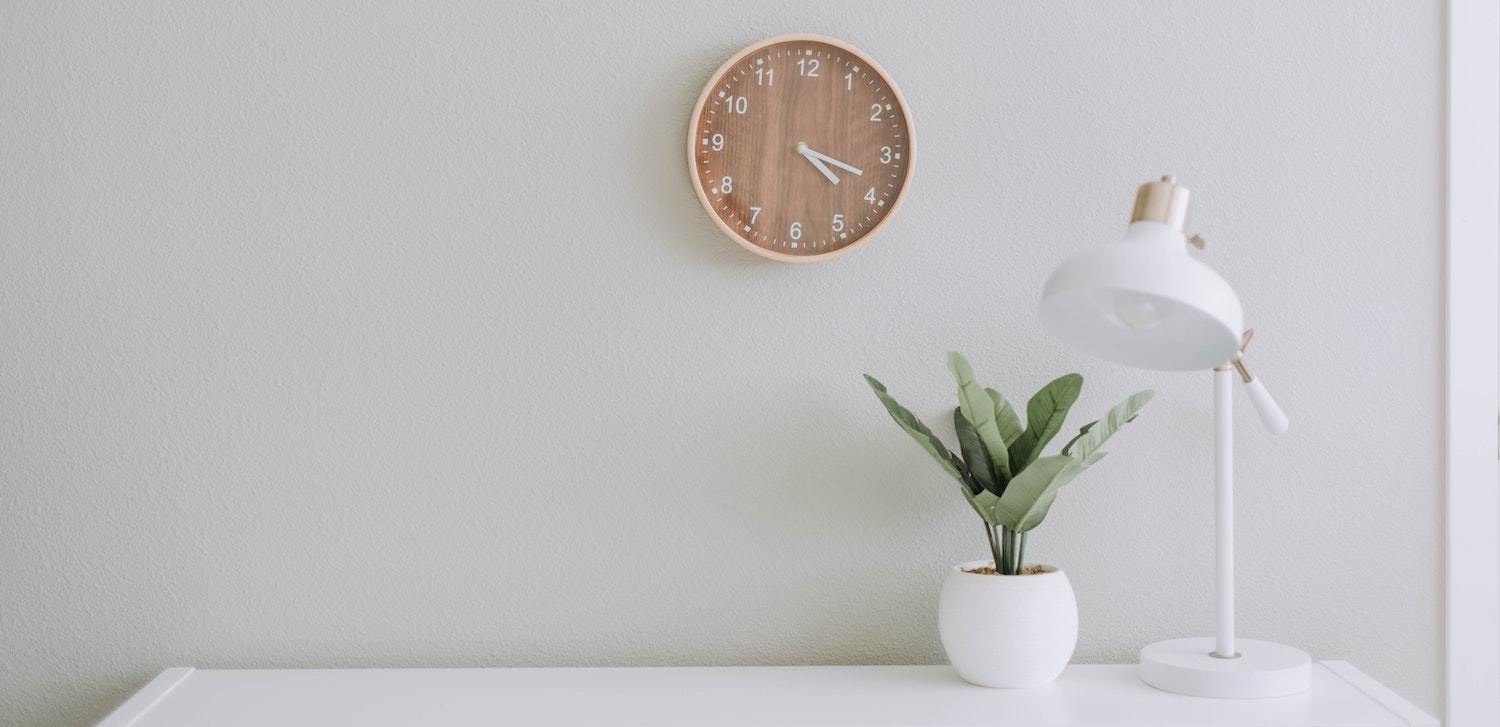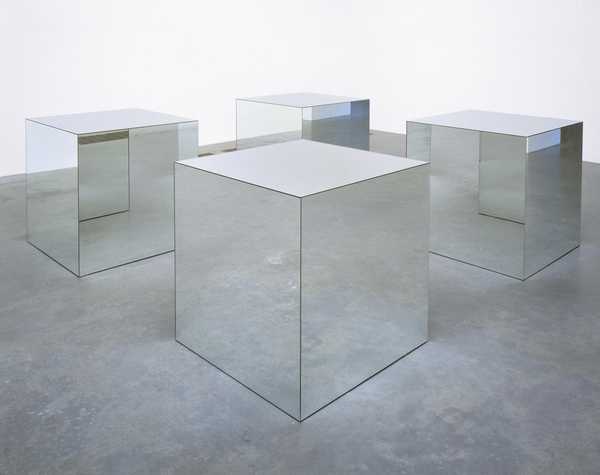The Ultimate Guide to Simplifying Your Home with Minimalism Principles
Wiki Article
Recognizing Minimalism: Strategies for Minimizing Clutter and Enhancing Clarity in Everyday Living
Minimalism is significantly recognized as a sensible technique to boosting clarity and focus in today's messy globe. By methodically reviewing our belongings and focusing on intentionality, we can create areas that not just reflect our worths however likewise promote mental wellness. Employing approaches such as the "Four-Box" technique can promote a more orderly setting, yet the real obstacle depends on growing a minimal frame of mind that maintains these initiatives. Checking out the nuances of this ideology might reveal unexpected understandings into exactly how you can transform your life. What might you discover when you accept this deliberate simpleness?Defining Minimalism and Its Benefits
Defining minimalism includes recognizing it as a way of life option that highlights simpleness and intentionality in both physical ownerships and day-to-day regimens. At its core, minimalism encourages people to prioritize what truly matters, permitting a more purposeful and concentrated existence. By removing away the non-essential, minimalism welcomes people to engage deeply with their surroundings and experiences.It cultivates psychological quality, as reducing clutter in one's atmosphere can lead to reduced diversions and anxiety. Minimalism promotes economic liberty; by focusing on requirements over desires, individuals can make more informed purchasing choices, leading to possible financial savings and decreased debt.
Inevitably, minimalism is not merely about worldly decrease however includes an alternative shift in perspective, cultivating a life characterized by balance, function, and satisfaction. Embracing this way of living can cause profound modifications in just how people communicate and perceive with the world around them.
Analyzing Your Current Mess
Clutter usually materializes as an overwhelming accumulation of products that no more serve a purpose, creating an obstacle to achieving a minimalist way of living. To successfully analyze your existing clutter, it is vital to adopt an organized technique. Begin by recognizing the locations in your living space that feel chaotic or overwhelming. Bear in mind of details groups of products, such as apparel, books, or cookware, as this will certainly aid you comprehend the extent of the clutter.
Additionally, consider the frequency of use for each thing. Eventually, recognizing your current mess is a crucial action towards accepting minimalism and boosting clarity in your day-to-day living.

Practical Decluttering Techniques
Having assessed your existing mess, the next step is to execute functional decluttering strategies that facilitate a more organized living space. Minimalism. One efficient approach is the "Four-Box" method, where you mark four boxes identified: keep, give away, garbage, and relocate. This technique motivates quick decision-making and makes sure things are classified suitablyAn additional approach is the "One in, One out" policy, which stipulates that for every new thing obtained, an existing item must be removed. This principle helps preserve equilibrium and prevents accumulation gradually. In addition, consider the "30-Day Minimalism Game," where you remove one product on the initial day, two on the 2nd, etc, cumulatively cultivating a sense of accomplishment.
Limit yourself to a specific number of treasured things, enabling you to appreciate their relevance without overwhelming your area. By employing these methods, you can create a much more reliable and tranquil living room, ultimately improving clarity in your daily life.
Creating Intentional Areas
Creating intentional spaces involves a thoughtful technique to just how we design and arrange our settings, making sure each location offers a specific purpose and reflects our worths. This practice is necessary in cultivating a sense of quality and function in our day-to-days live. By critically analyzing the function of each room, we can eliminate distractions and boost our general wellness.To develop deliberate spaces, start by recognizing the main activities that will happen in each location. As an example, an office should be made to promote efficiency, including components such as adequate lights, comfy furniture, and very little diversions. On the other hand, a leisure area must promote tranquility, my website featuring relaxing colors and comfy seating.
Furthermore, consider the psychological impact of your environments (Minimalism). Integrating personal products that reverberate with your values, such as art work or plants, can improve the connection to your space. Consistently examine these settings to ensure they remain to offer their designated function as your demands progress
Ultimately, producing intentional areas is concerning making aware choices that align with your way of life, advertising consistency and efficiency in your living and workplace.
Maintaining a Minimalist State Of Mind
Embracing a minimal attitude needs continuous reflection and intentionality in our actions and ideas. This strategy involves growing awareness of our priorities and worths, enabling us to filter interruptions and focus on what truly matters. To you can look here preserve this state of mind, normal self-assessment is crucial. Reserve time to assess your commitments, belongings, and also digital material, guaranteeing they align with your core concepts.
This shift in perspective motivates gratitude for simplicity, improving general well-being. Including mindfulness strategies, such as reflection or journaling, can better reinforce a minimal way of thinking by promoting clarity and minimizing psychological clutter.
Furthermore, develop borders to protect your time and power. Learn to claim no to non-essential responsibilities and distractions that do not add to your individual growth. Surround on your own with like-minded people that support your minimalist trip, as shared worths can boost motivation and responsibility.
Conclusion
In conclusion, accepting minimalism supplies substantial advantages, including reduced mess and enhanced quality in find this everyday life (Minimalism). By methodically evaluating possessions and applying sensible decluttering strategies, individuals can develop intentional spaces that foster mindfulness and gratefulness. Preserving a minimal mindset calls for recurring examination and dedication to simplicity, eventually causing a much more concentrated and meeting way of life. The concepts of minimalism work as beneficial tools for growing an environment that supports personal growth and wellness.
Furthermore, consider the "30-Day Minimalism Game," where you eliminate one product on the very first day, two on the second, and so forth, cumulatively fostering a sense of success.
In conclusion, embracing minimalism supplies considerable benefits, including decreased mess and boosted quality in day-to-day life.
Report this wiki page